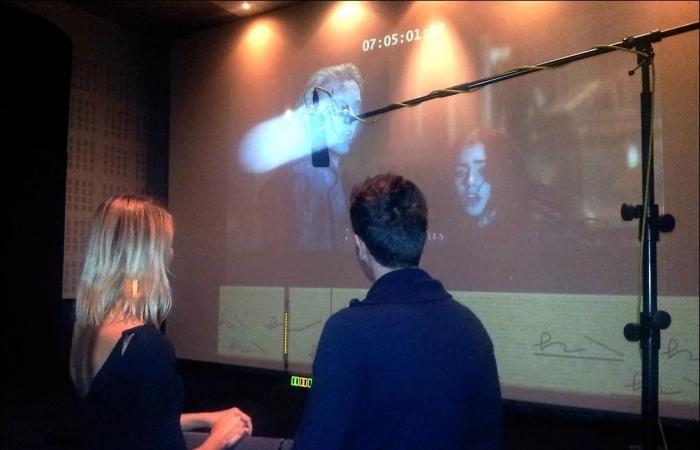The proliferation of voice cloning practices using artificial intelligence in the field of dubbing raises increasingly pressing ethical and legal questions. The recent affair of the cloning of the voice of Alain Dorval, Sylvester Stallone’s historic voice actor, highlights the dangers of this still immature technology and the urgency of legislation to protect artists. ActuaNews tells you more about this fight…
Proliferation of AI technologies in dubbing, a danger for artists
The exploitation of voices: an unscrupulous market
The emergence of artificial intelligence technologies in the field of dubbing has paved the way for new voice cloning practices. These platforms, such as Eleven Labs, offer the possibility of recreating an artist’s voice from a simple sound sample. But these advances are not without consequences. The recent announcement of the use of Alain Dorval’s voice for the film Armor triggered a wave of criticism, after the platform claimed to have obtained his family’s agreement for this exploitation. The initiative was considered irresponsible, especially when we consider that the actor’s family had only given consent for a limited test, and not for use in an entire film.
The Alain Dorval case: a symbol of the vulnerability of artists
The case is all the more worrying as it concerns a family close to the political sphere. Aurore Bergé, Minister of Equality between Women and Men, is the daughter of Alain Dorval, and she quickly denied the information disseminated by the platform. This incident highlights the growing power of these companies, capable of manipulating sensitive information and exploiting voices without measuring the ethical consequences. If they do this even with influential figures, what about lesser known and more vulnerable artists?
AI in dubbing, between technological potential and possible deviations
A still immature technology, serving dubious exploitation
If AI in voice dubbing presents fascinating technological advances, the reality of voice cloning remains far from expectations. The extract of Sylvester Stallone’s voice cloned by AI, released by Eleven Labs, was quickly mocked due to its disappointing quality. The voice seemed emotionless and too mechanical, raising questions about how reliable this technology can be in doing justice to the art of dubbing. Voice cloning platforms claim to have mastered the art of sound reproduction, but they still fail to offer the emotional richness that an actor brings to his performance.
The urgency of legislation to protect French dubbing
This lack of technical perfection highlights one of the reasons why actors and dubbing artists fight: the preservation of the quality of French dubbing. Dubbing is an art in its own right, recognized worldwide for its finesse and authenticity. It would be damaging if imperfect technologies took the place of humans and weakened the quality of a sector that has proven itself on the international scene. Especially since, without adequate legislation, the multiplication of these practices risks making artistic professions already weakened by precariousness obsolete. The urgency is all the greater at a time when political actors are beginning to take stock of this digital revolution.
A collective fight for the defense of artists and dubbing
The Alain Dorval voice cloning affair illustrates the imperative need to legislate in the face of the expansion of AI technologies in the field of dubbing. The preservation of artistic professions and the integrity of French dubbing is at stake. The mobilization of artists must continue to prevent abusive practices from entering an already weakened sector.
Find out more on ActuaNews.fr
Subscribe to receive the latest articles by email.
Here and there always for the info
Related News :
